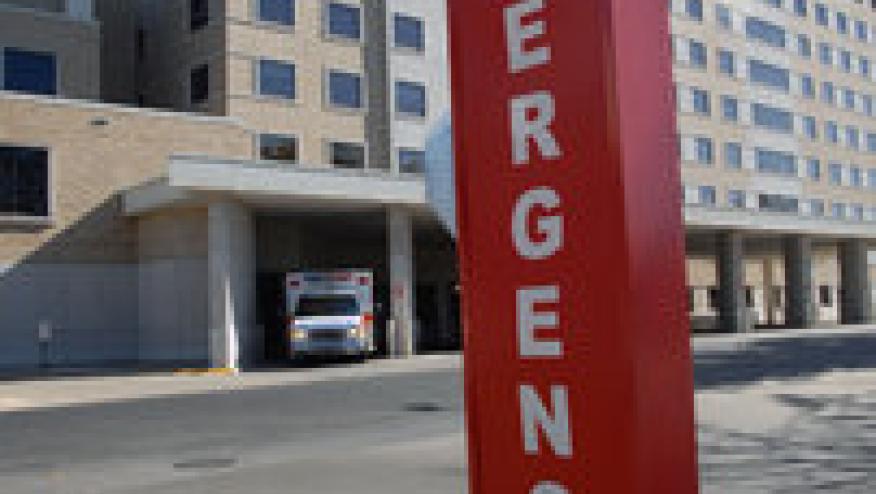Dietary Supplements Send 23,000 to the ER Annually Save

The CDC has reported in the NEJM that dietary supplements may be associated with higher than expected rates of adverse events requiring medical evaluation in the emergency department (ED).
Using surveillance data from 63 emergency departments between 2004 - 2013, they identified 3667 adverse events related to dietary supplements and estimate that 23,005 emergency department visits per year were attributed to adverse events related to dietary supplements. Roughly one in ten resulted in hospitalization. (Citation source http://buff.ly/1jqZrxC)
These ED visits frequently involved young adults (20 to 34 years) and unsupervised children (21.2% of visits). Excluding unsupervised or accidental ingestion of dietary supplements by children, two-thirds of supplement–related adverse events involved herbal or complementary nutritional products and 32% involved micronutrients. Weight loss (25.5%) and increased energy products (10.0%) were commonly implicated.
Cardiovascular manifestations (palpitations, chest pain, or tachycardia) were most common with weight-loss or energy products, especially among young adults (20 to 34 years of age).
In older adults (>65 years) choking, pill-induced dysphagia or globus lead to 37.6% of all supplement-related ED events, with micronutrients being most commonly involved.
Roughly half of U.S. adults use at least one dietary supplement each month and that there were more than 55,000 products on the market as of 2012. Out-of-pocket expenditures on these products is estimated to be about a third of what people spend on prescription drugs.










If you are a health practitioner, you may Login/Register to comment.
Due to the nature of these comment forums, only health practitioners are allowed to comment at this time.